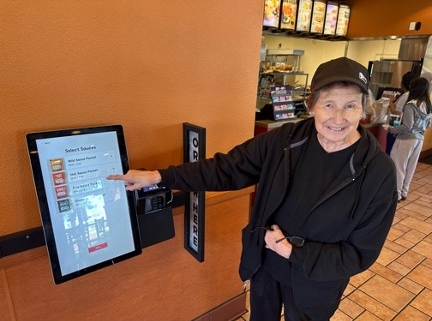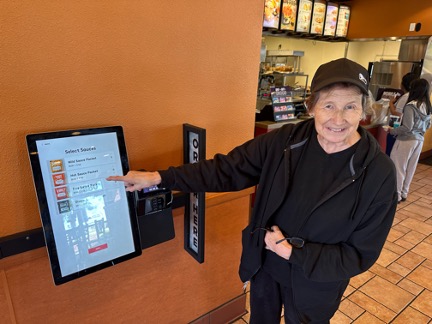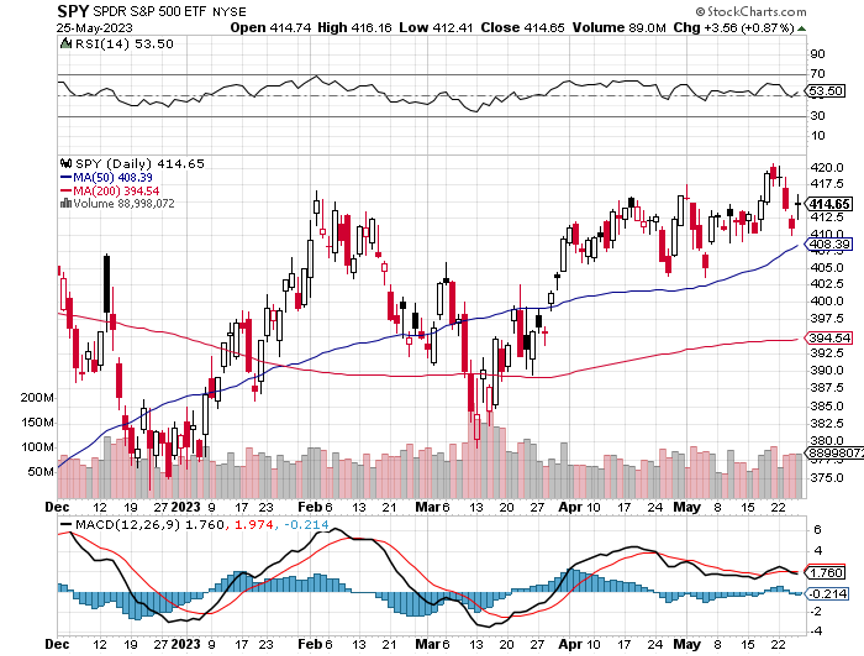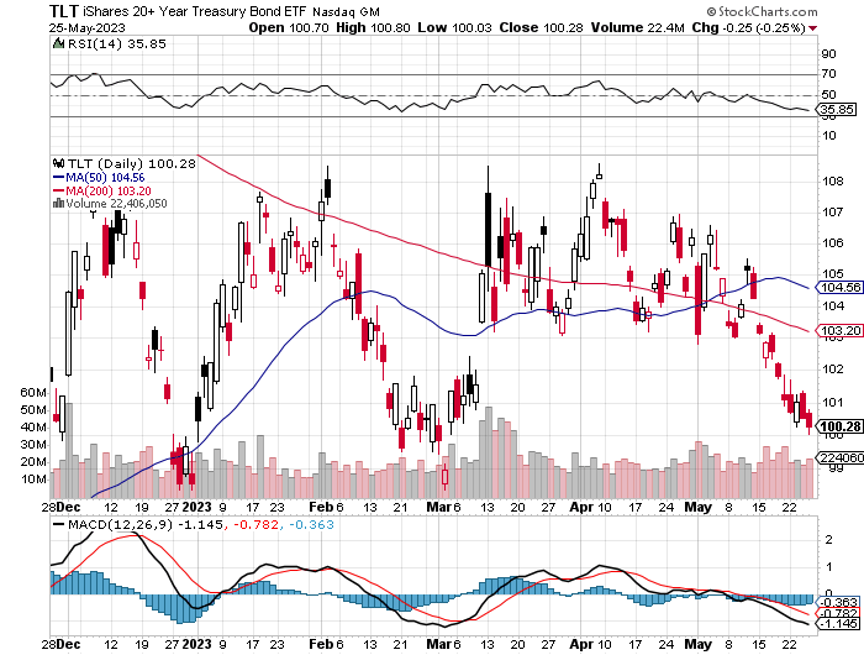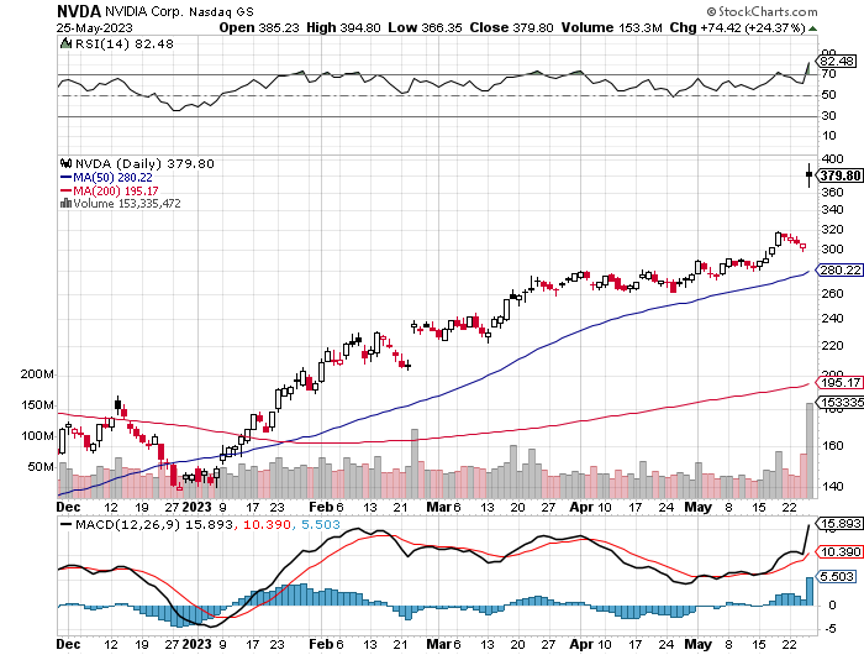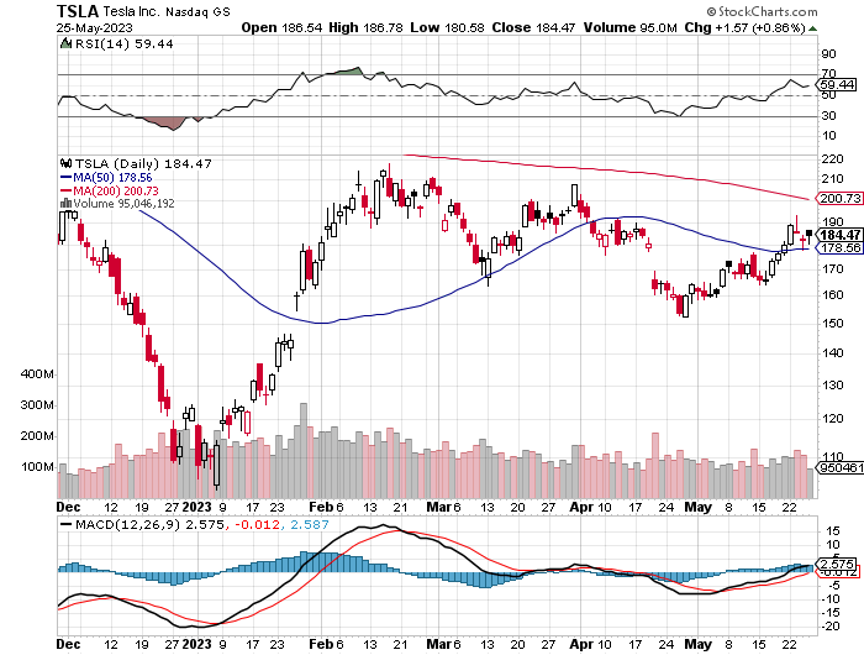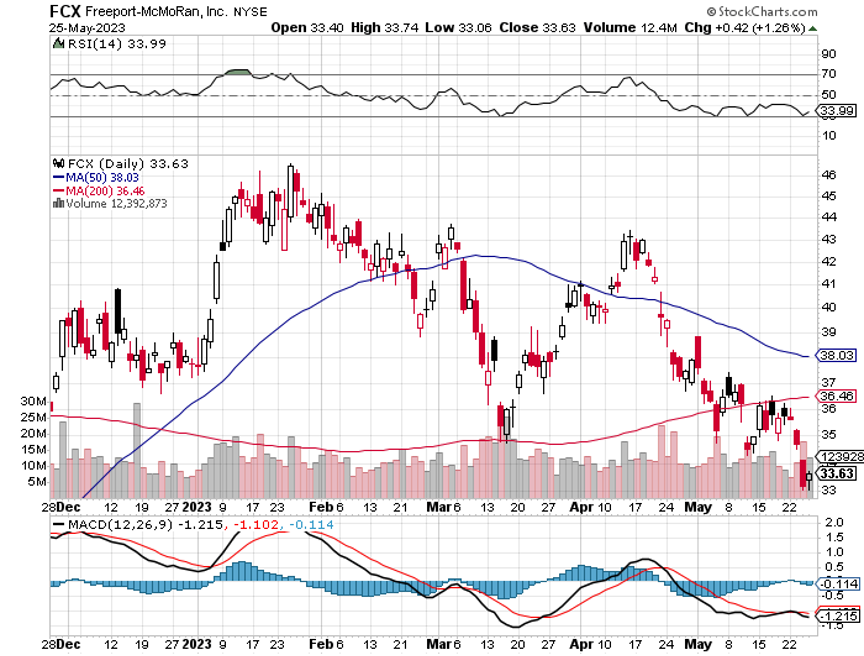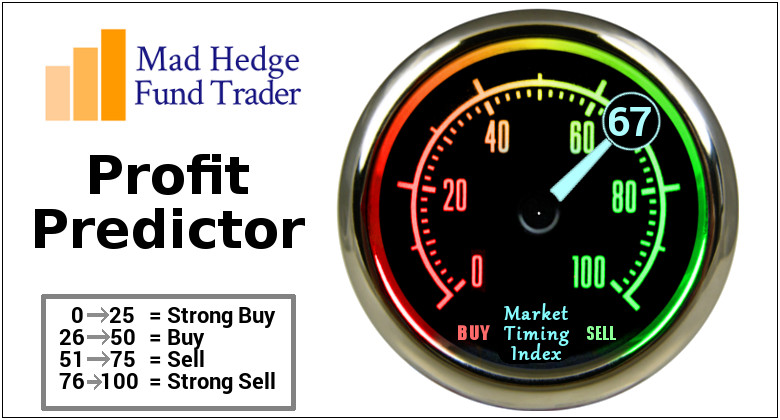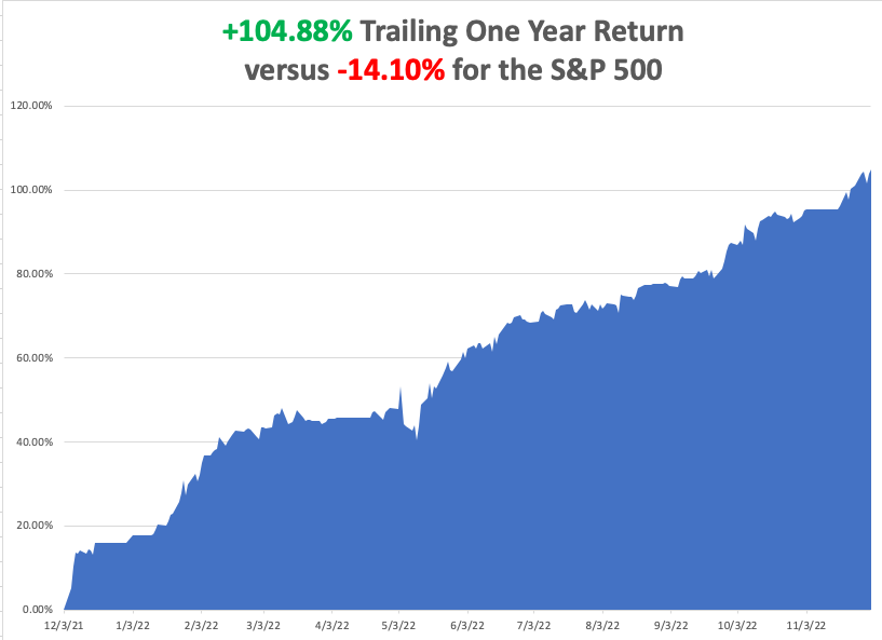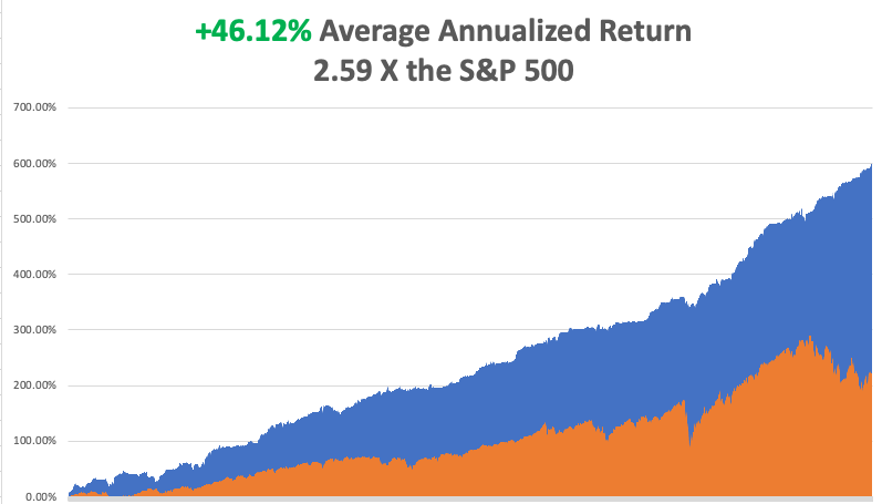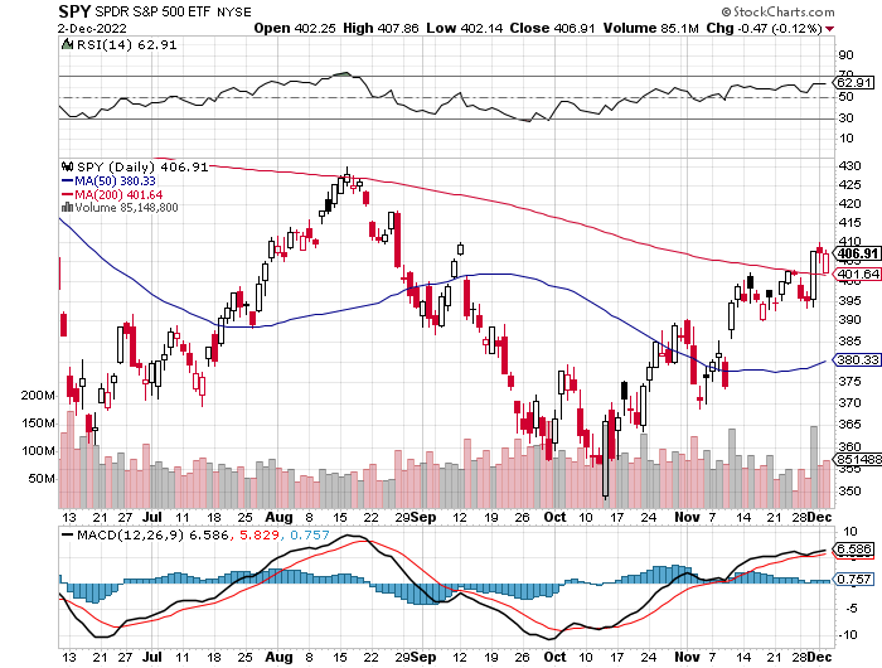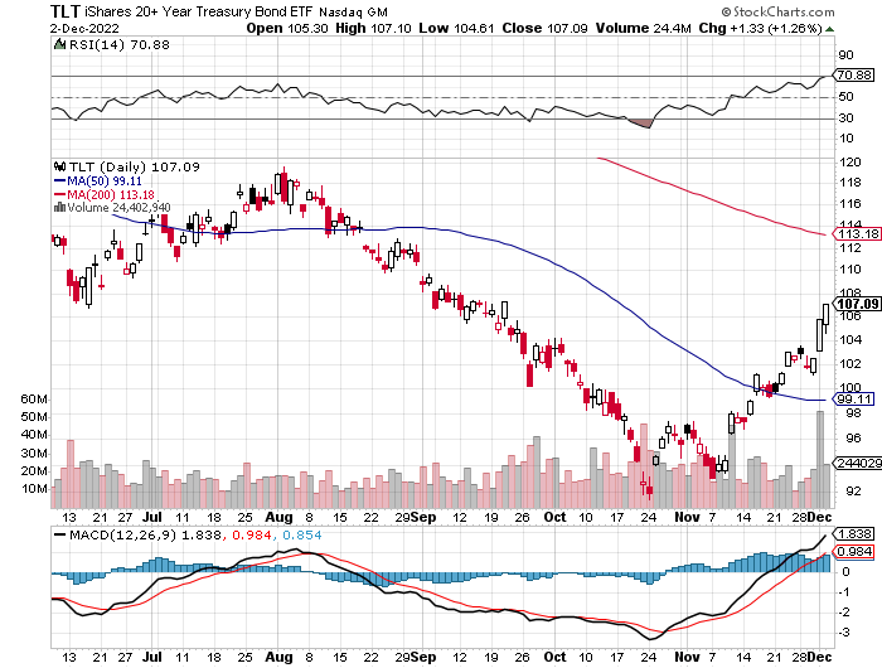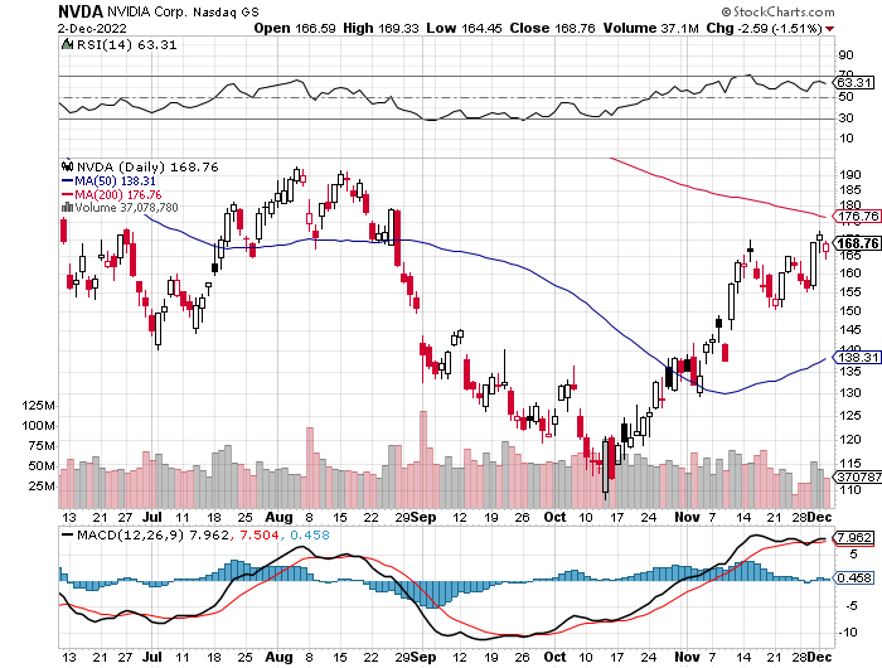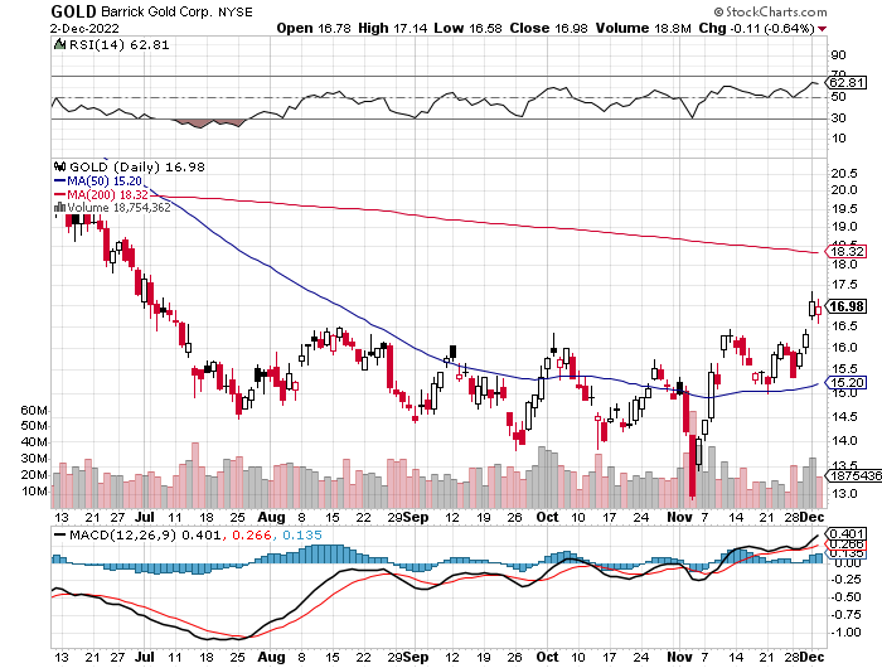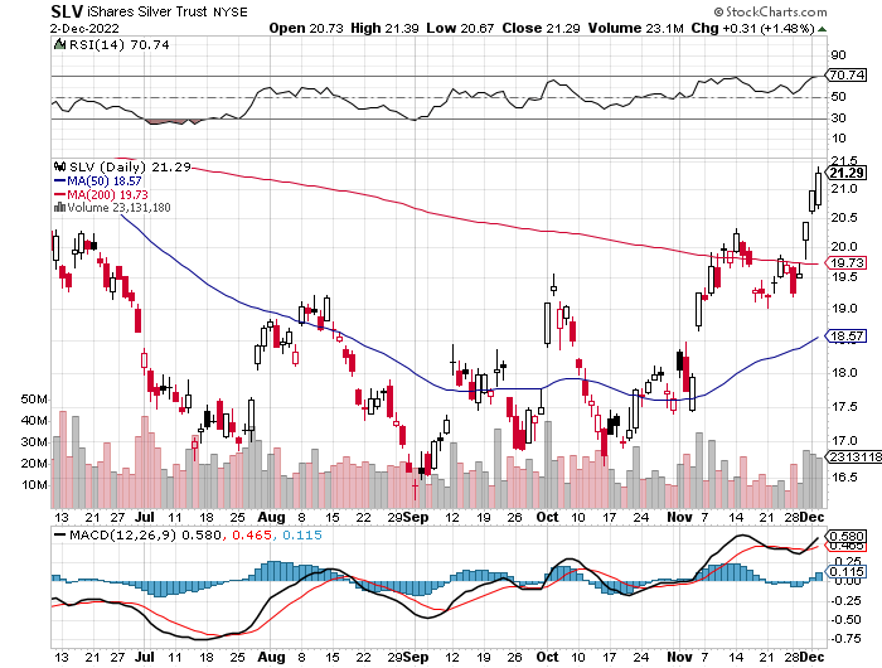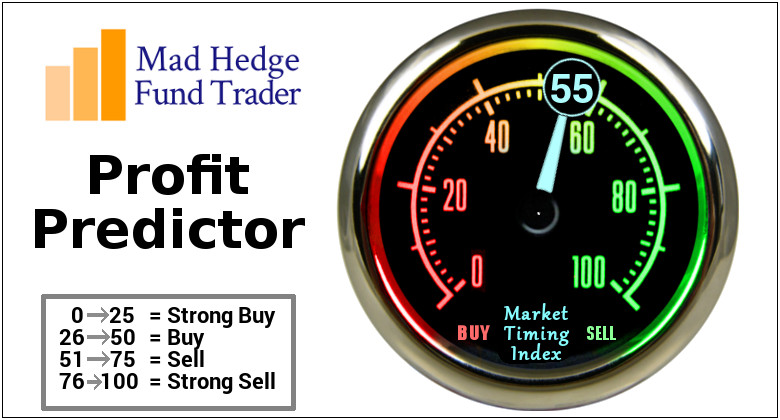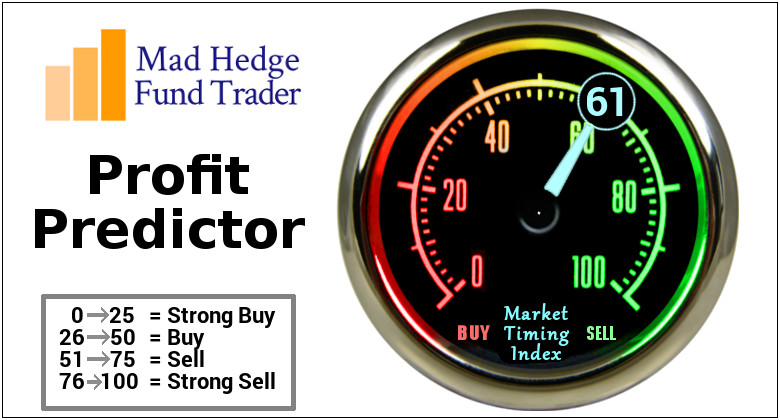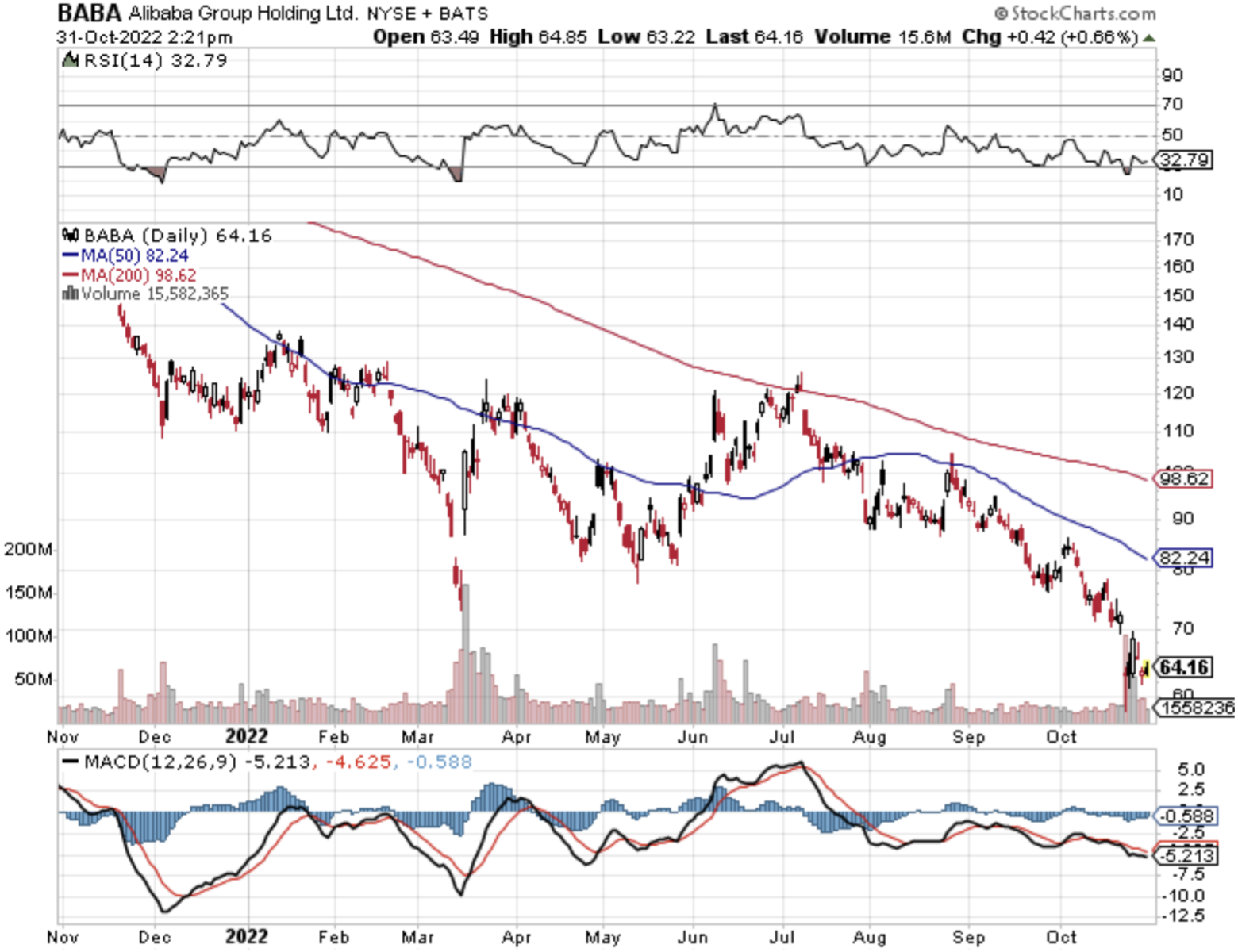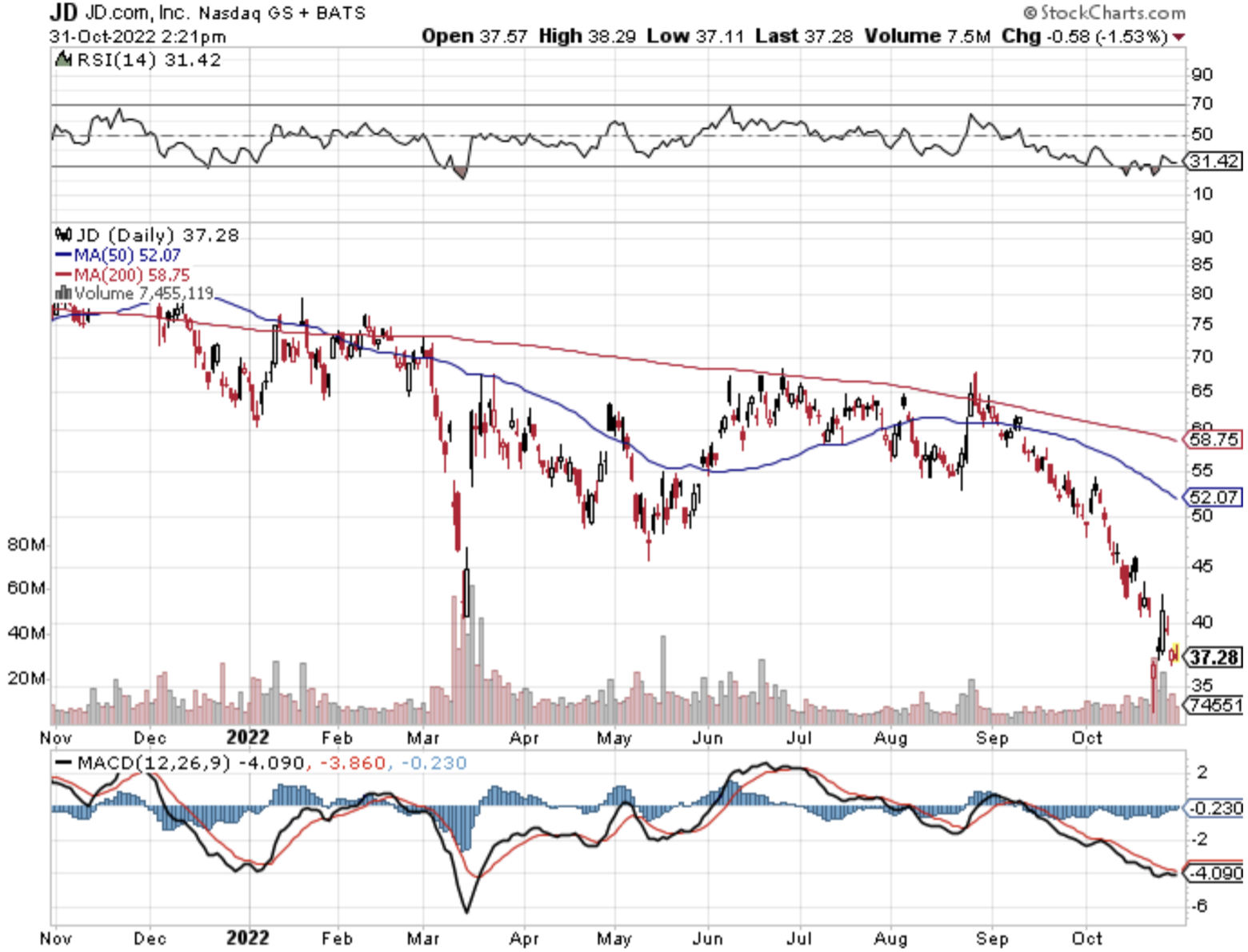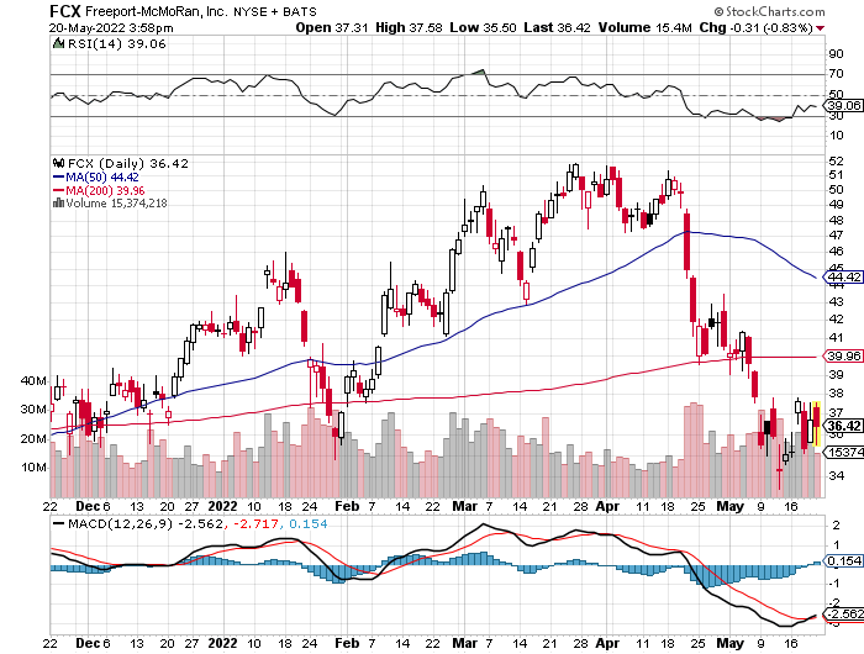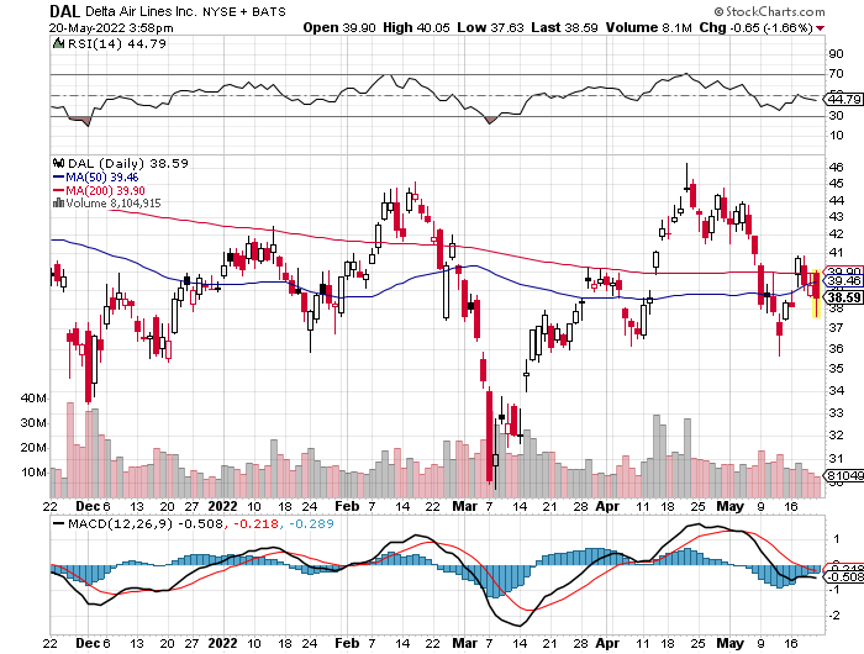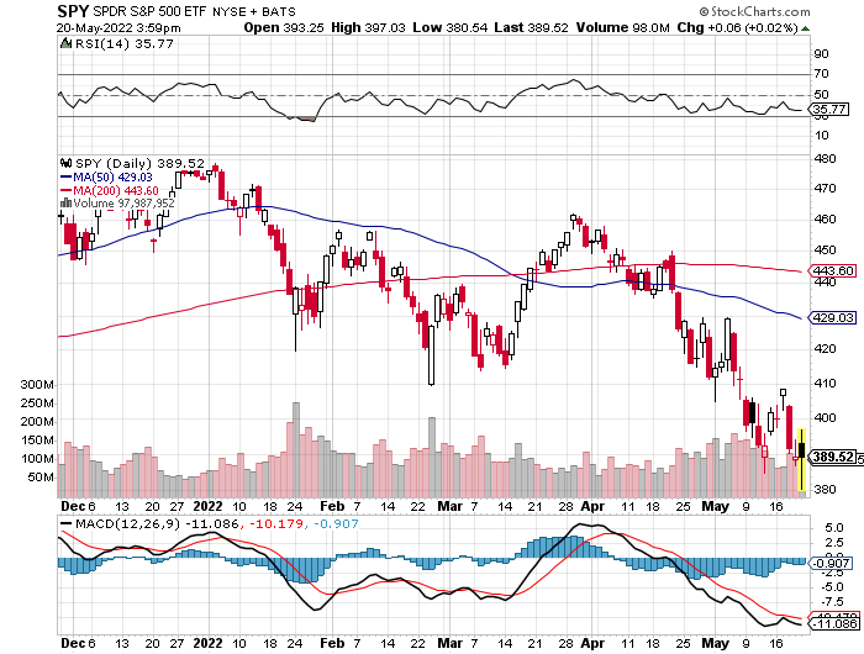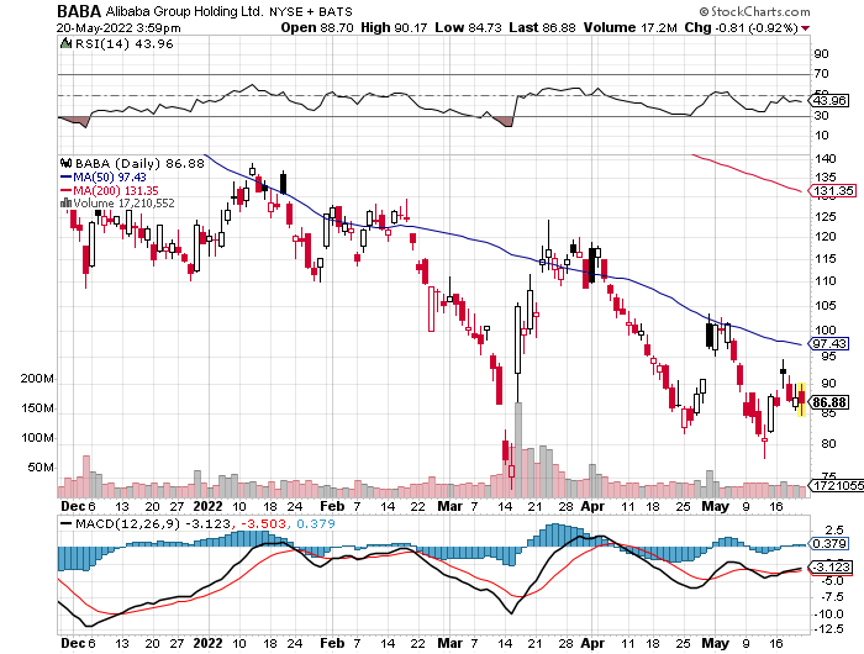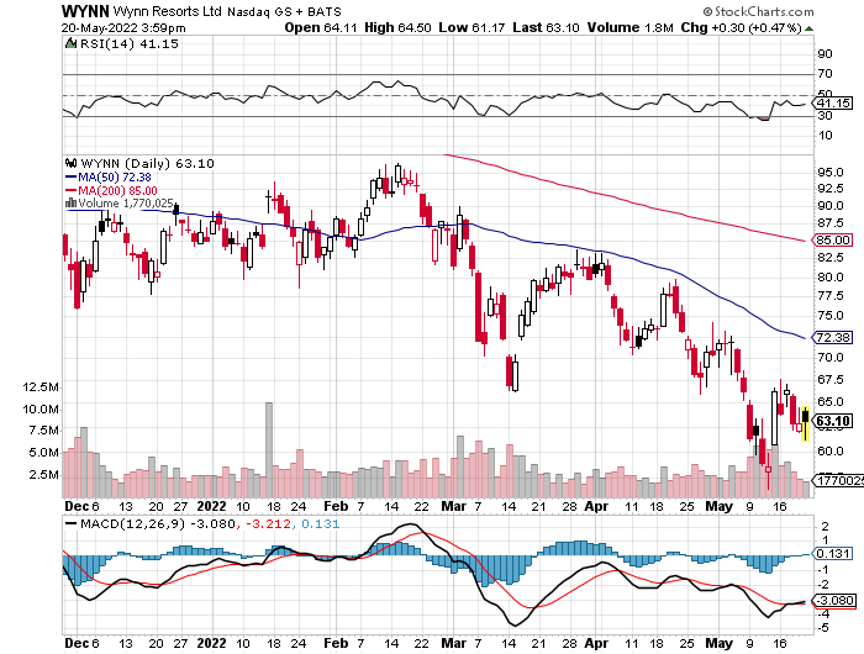Below please find subscribers’ Q&A for the May 24 Mad Hedge Fund Trader Global Strategy Webinar, broadcast from Silicon Valley, CA.
Q: Should I roll over my $55-$60 Freeport-McMoRan (FCX) 2024 LEAPS?
A: Yes, move it from the January 2024 expiration to January 2025—that gives you a full 18 months for the stock to recover from a recession (which it’s now discounting) and then double, which is where you make the really big money on our LEAPS.
Q: What's your year-end price prediction for Freeport-McMoRan (FCX)?
A: $50, this year’s high.
Q: If there’s a default, do members of Congress get paid?
A: No, they don’t, no money is no money, the cupboard is bare. Nothing gets paid. And the Treasury will have to choose who gets paid last because when they run out of money there's no money to pay anybody, which then leads to a default and a 50% stock market correction.
Q: Why do you buy in-the-money bull call spreads instead of selling credit spreads?
A: They’re easier to understand for beginners. It’s easier for people to understand that if you buy something and it goes up, you make money. It’s harder for people to understand that if you sell short something and it goes down, you make money. And it’s basically six of one and half a dozen of the other in terms of profit. I get that question constantly and that is always going to be the answer.
Q: What do you think about artificial intelligence; how will it affect stock prices?
A: It’ll be what takes the Dow average ($INDU) from $32,000 to $240,000 over the next 10 years. What AI does is it automatically triples the value of any company using it, even though now it may take years for the stock market to catch up. On top of that, companies will have their regular earnings growth from their traditional businesses.
Q: How far will Nvidia (NVDA) stock go up?
A: Well the consensus between fund managers is it goes up 7 times from here, to well over 1,000. It's at 300 today, so it sounds like 2,100 is the final target, assuming we don't have any more recessions. And by the way, we did recommend NVDA on a split adjusted basis around $2, so NVDA has gone up 175 times already from our initial recommendation 7 years ago when it was just a gaming play. The (NVDA) January 2025 LEAPS I recommended on September 29 at 50 cents is now worth $6.25 and expires worth $10, up 20-fold!
Q: How can companies be selling AI prediction services for traders, as no one can predict the future?
A: Well that is accurate, no one person can predict the future. However, algorithms can take patterns in the past, project them in the future, and they're often accurate as long as a black swan doesn’t happen. AI is getting so sophisticated now—not only do we have index predictions which we’ve been using now for almost 10 years to great success, but Mad Hedge is now services with single stock recommendations. They will say in 30 days (AMZN) will be at $X, and they’re right 90% of the time. This is getting very advanced very quickly, and we are at the absolute cutting edge of this (and have been for a long time), and that’s why we’re getting such spectacular results—it's me plus my algorithm.
Q: Are money market funds at risk if the US defaults?
A: If the US defaults and stays defaulted, then yes. Nothing anywhere is safe except gold bricks under the bed. If the US does default, they’ll get defaulted probably in days. And that's what happened last time, 12 years ago. So, I don't expect the world to end.
Q: What is the best strategy for a long-term retirement account?
A: If you're already retired like over 70, I would go 100% into fixed income, and spread out your fixed income exposure to 10-year treasuries which is now yielding 3.75%, to junk which is yielding 8.5%. And you might throw in a couple high dividend stocks like (CCI). Over age 70 you basically are looking for a 100% income portfolio, because you’re too old to go back to work at Taco Bell if you lose all your money. And believe me, I’ve been to Taco Bell and seen the 70-year-olds working there who did lose all their money, so you don’t want to do that. Equities are for younger kids like me, who are going to live forever.
Q: What about iShares 20 Plus Year Treasury Bond ETF (TLT)?
A: We’re watching very closely. We will do LEAPS, but I’m waiting for a capitulation selloff triggered by inaction in Washington to get there. Also, when they do reach a deal, it unleashes a bunch of bond selling by the government. The US Treasury is going to have to sell 700 billion dollars’ worth of bonds immediately, because they’re behind on their bills, how about that? They’re not paying military contractors. So yes, the initial move of a debt deal could be down for bonds—that's the move I'm waiting for.
Q: Are you buying at the money’s or out of the moneys on LEAPS?
A: At the money if you’re a conservative old fogie like me, and out of the money like 20% or 30% where you get like a 400% return for younger people so they still will live long enough to earn back all the money if they lose it.
Q: What do you think the next move on CBOE Volatility Index ($VIX) is?
A: Up, and I think we could see VIX at $30 sometime in June or July when our 10% selloff happens.
Q: Would you buy the ProShares UltraShort S&P 500 (SDS) now for protection?
A: Yes, I’d be buying some as a hedge against your long-term positions.
Q: Do you prefer one or two year LEAPS?
A: Two years is the more conservative maturity because it gives you two years to go into recession and get back out. If you think there isn’t going to be a recession and we reaccelerate from here, then you only want to do one year. With Treasuries bonds, I’m inclined to do one year because I think once the rise in prices happens it’ll happen very quickly. If you’re not happy with a 100% return in a year maybe you should consider another line of business.
Q: Is the housing market going to crash because of 7% mortgage rates?
A: No, one third of all the buyers now are cash buyers, who are spending their savings and will refinance when mortgages get back to 3% or 4%. Until then, housing prices go sideways because there is a severe shortage of housing nationwide, which is getting worse.
Q: How do I get my wife used to regenerative braking in Tesla (TSLA)?
A: Just take your foot off the acceleration pedal; as the car slows down, each of the four wheels perform as generators and recharge the battery. That means when you drive from Lake Tahoe at 7,000 ft down to the Central Valley at sea level, your power consumption is zero. You’re getting a free ride because you’re gravity powered, the wheels are recharging the battery the whole time. All you have to do is take your foot off the acceleration and the regenerative braking kicks in instantly. Teslas only use actual use brake shoes when they slowdown from five miles an hour down to zero.
Q: Which level is more likely this year in oil: $50 a barrel or $100?
A: Well, if we do get the recession or something close to it, we’ll see the $50 first, and then we’ll see the $100 on the recovery. That is what’s going to happen.
Q: When is the economic recovery going to be this year?
A: In the 4th quarter, starting in October, and the stock market will start discounting that in July or August. That is my view.
Q: What’s a better investment: stocks or real estate?
A: It depends on the person. At this level, stocks will probably deliver bigger returns than real estate. But real estate allows you 5-1 leverage. If you have an 80% mortgage, and that’s more leverage than most people can get in the stock market. The other thing about homes is that you don’t get to see the price every day in the newspaper and then panic and sell at the bottom. That's the other great thing about houses.
Q: Will this recording be available?
A: Yes we post it in about two hours on the website. You can look at all the charts and the commentary then.
Q: How would you hedge a 100% equity portfolio?
A: I would buy deep out of the money puts on the S&P 500, maybe 10% out of the money on puts—something like a 360 put on the SPY with a 2 month maturity. That gets you through the summer, gets you through any debt crisis, and certainly will reduce the volatility of your portfolio.
Q: Would you be buying Alibaba (BABA) down here?
A: No, I don’t want to get involved in China in anything—too much political risk.
To watch a replay of this webinar with all the charts, bells, whistles, and classic rock music, just log in to www.madhedgefundtrader.com , go to MY ACCOUNT, click on GLOBAL TRADING DISPATCH or TECHNOLOGY LETTER, then WEBINARS, and all the webinars from the last 12 years are there in all their glory
Good Luck and Stay Healthy,
John Thomas
CEO & Publisher
The Diary of a Mad Hedge Fund Trader
A Senior Citizen Teach Me the Computer at Taco Bell

